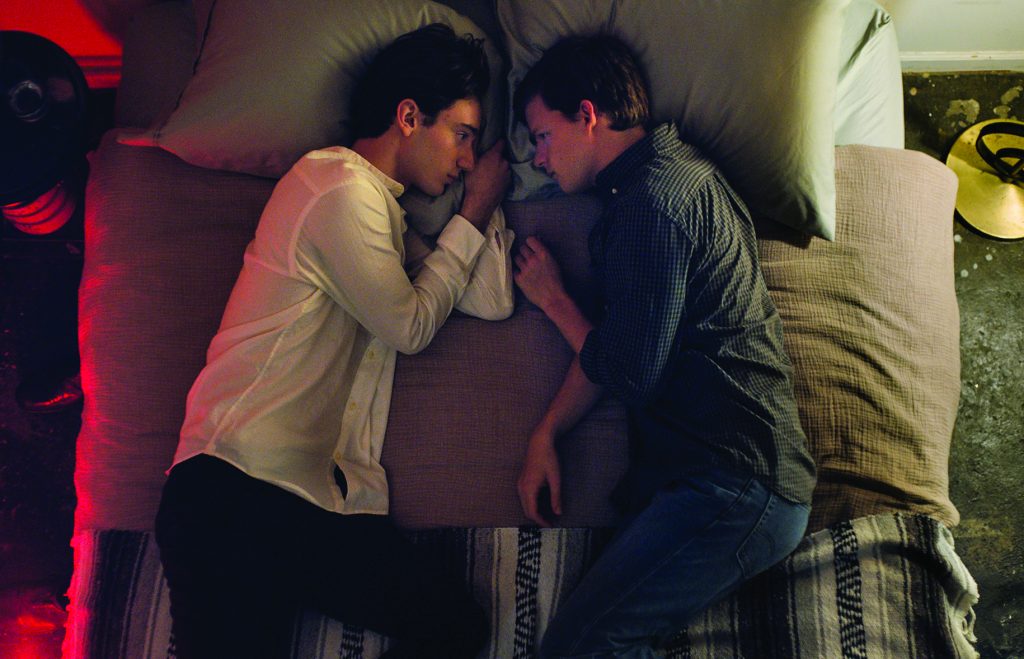
Chrys Weedon | Entertainment Editor
Released Nov. 16, “Boy Erased” follows teenager Jason Eamos, the son of a conservative Baptist pastor and his loyal wife.
Following a traumatic, life-altering event, Jason is outed and must come to terms with the fact that he is gay. After coming out to his parents, Jason is faced with the two-realities that many young LGBTQ+ kids have to choose between: accepting his identity and being disowned by his family or agreeing to reject his sexuality to save his relationship with his parents.
After choosing the latter, Jason is put into a gay conversion program, in which he comes head-to-head with its abusive leader. Throughout the program, Jason witnesses the real-life horrors of forced conversion and begins to accept himself and his identity. Among fellow participants, Jason meets the indoctrinated young man drowning in internalized homophobia, the cunning boy who keeps his head low and fakes it, and the woman who is forced into long-term housing after “failing” to become straight.
According to the end-credits of the film, 700,000 LGBTQ+ Americans have experienced conversion therapy at some point in their lives. “Boy Erased” is actually based on a memoir, written by Garrard Conley, himself a survivor of conversion therapy.
The cinematography of this film is dark, flooded with grey and blue tones to match the subject matter. The dialogue is full of cliches and dogma that many LGBTQ+ children of religious parents have heard at least once in their lives. If nothing else, this film is a stark and honest vignette of the life of someone who has been forced through conversion therapy and has come out the other side — which can’t be said for all.
“Boy Erased” is hard to watch. For any LGBTQ-identifying who has experienced anything mentioned above, watching the film will be extremely triggering. Any sexual assault survivors should also watch with extreme caution. General mental health services can be found at the Student Health and Counseling Center, which can be contacted at (503) 838-8313. Other resources include the Stonewall Center, located in WUC 110 and Abby’s House, located in WUC 106.
Overall Rating: I would recommend this film, but would advise caution.
Contact the author at howlentertainment@wou.edu
Photo courtesy of focusfeatures.com

